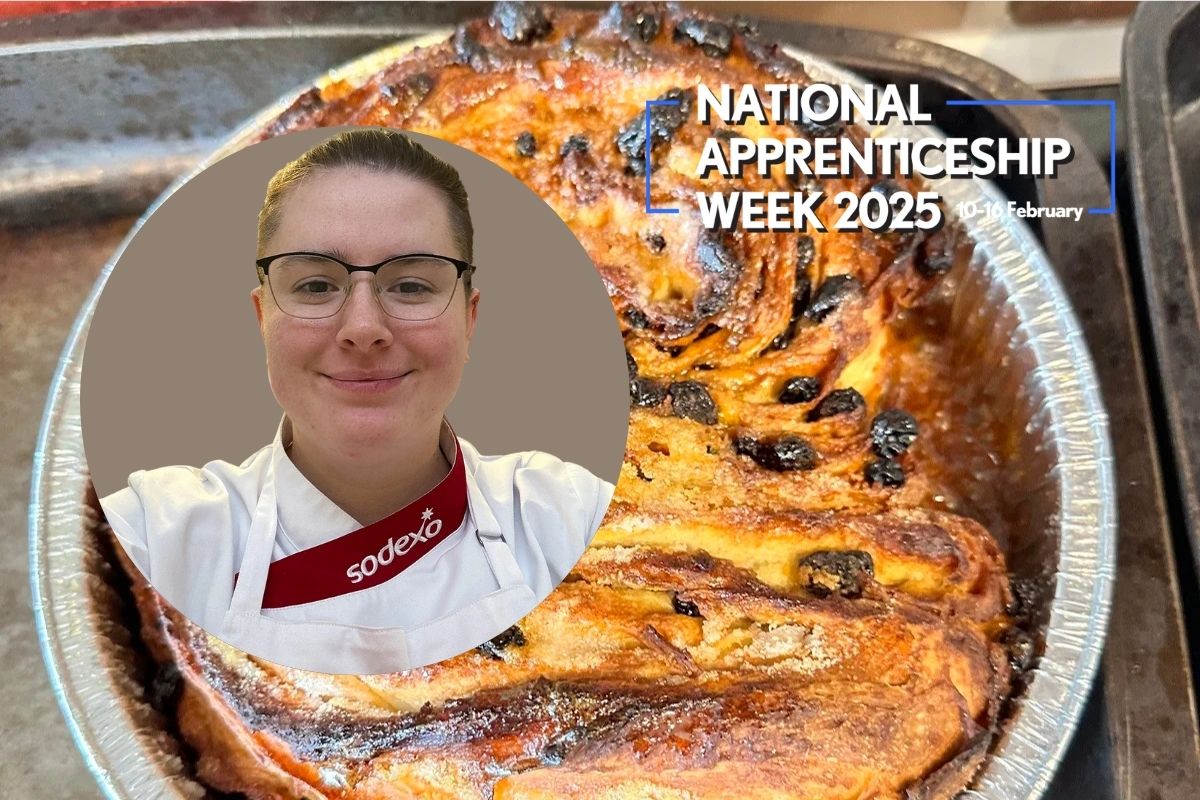Top 5 ways young people can make themselves more employable

Last Summer, there were 14 million graduates in the UK competing for similar jobs. As such, there is an increasing importance for young people to make themselves stand out during the job application process.
Students are realising that qualifications are no longer enough to secure them a position, especially when up against other young people with similar GCSE, A level grades, apprenticeships or degrees.
As a result of this, employers are moving towards a values-based approach when recruiting, particularly in the care sector where there is a nationwide shortage. In fact, it is expected that a million more carers are needed by 2025 to help cope with the ageing population.
Employers are looking for a candidate who can display certain skills and qualities; a positive and proactive person who can communicate effectively, proving why they are suitable for the position, and showing their willingness to learn and motivation to work within the sector.
Here are the top 5 ways young people currently applying for jobs and apprenticeships can to make themselves more employable:
Research youth schemes and volunteering
Whether it is a few hours a week in a charity shop or at your local hospital, volunteering is a great way for young people to develop skills that make them more desirable to employers, especially if it’s for a cause you feel strongly about.
One way to get into volunteering is through The Duke of Edinburgh Award which encourages young people to undergo 6 months of voluntary work which accounts for 25% of the Bronze award scheme. This scheme also involves doing some physical activity, learning new skills and embarking on an expedition.
Another programme for 15-17-year olds is the National Citizen Service, made up of three phases; adventure, discovery and social action. Taking place outside of term-time within the local community, the programme enables teenagers to meet new people, develop life skills and work as part of a team to plan a fundraising event.
Alternatively, The Prince’s Trust offers courses for 16 to 30-year olds, helping them gain experience for jobs and offering personal development programmes to make them more employable.
Sign up to clubs and societies
Young people should take advantage of every opportunity available to them, whether that’s at school, college or university. Make sure you join clubs and societies as the skills you develop from being a part of a team will be what sets you apart from other applicants.
Those who have been captain of a sports team will find it a lot easier to talk about leadership skills, in comparison with someone who hasn’t been involved in extra-curricular activities. Involvement in clubs and teams also demonstrates organisational skills and self-management, as well as teamwork.
Help out in your local community
Employers are looking for the right person for the right job and one way of portraying yourself as the ideal candidate is by talking about something you enjoy doing. For example, if you are a young carer for a relative or you do the weekly food shop for an elderly neighbour, make sure to put it on your CV.
Many young people think that mentioning this kind of experience would not be relevant for job applications, when in fact, employers consider them to be just as important as paid work or volunteering.
Make your CV more personal
It is important to remember that a CV should not just be a list of work experiences. When writing about your experience it is always good practice to explain the responsibilities you have had, the achievements and differences you made in the role and to discuss the areas of the role you particularly enjoyed.
You may not have achieved the top grades but talking more in depth about the positions you’ve had can strengthen an application and show the employer where your passions and interests lie.
Challenge yourself
Whether it be in your personal or professional life, challenging yourself to do something outside of your norm can be a great way to develop valuable skills and interesting experiences to speak about on your CV and in interviews.
Setting goals can be a good way to monitor personal development whilst developing skills, for example you could plan a fundraising event to further develop organisation skills or speaking to 10 people on the phone in a week to strengthen your verbal communication skills or even climbing a mountain for a physical challenge.
These personal goals you set will allow you to discuss problems you may have faced and how you overcame them.
Deborah Edmondson, Early Talent Director at Cohesion Recruitment











Responses